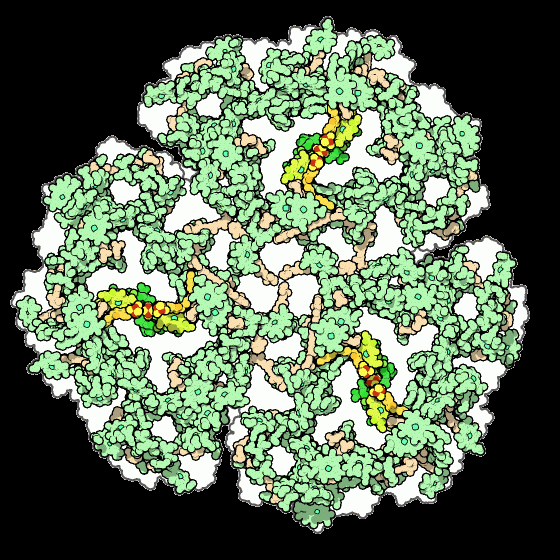My partner and I were talking about this the other day, and I'm now of the opinion that all, or almost all, children's books are just blatant propaganda. Largely, I believe, the only reasons to write a children's book is because
a) you were hired to
Or
b) you want more people to think the same way you do and figure children are impressionable
Case in point: Look out for my new picture book: 'remy's big adventure' about a horse trying to find where it's surplus value went.
What's the political/social message of The Very Hungry Caterpillar?
IDK, most of the ones I remember from when I was really little, like give a mouse a cookie age, were about animals(either fables or simple descriptions of animals) or were about parents and children loving each other. The fables were propaganda kind of, but for things like "take your time on things" or "don't listen in on other's conversation," and if your parent is reading to you about how a relationship between parent and child should be and it shows the parent caring for and loving the child and the child being loving towards the parent that's propaganda in favor of something good. There was a lot of heteronormativity and no overt opposition to capitalism, but I would not really call any of these blatant propaganda. If you're talking about older kid's books, like something a kid would read on their own, there's more opinion and worldview present because there's more to work with, but I don't think the driving thought is always manipulating people's thinking. Rick Riordan wrote Percy Jackson for a couple reasons: one was because he'd started telling it as a bedtime story and thought it seemed like an idea worth expanding on for more kids to enjoy, another was to tell a story with a neurodivergent protagonist(I can't recall if it's he, one of his kids, or both that has ADHD, but the reason demigods struggle with ADHD and dyslexia is to have heroes that neurodivergent peopel can see themselves in), and also to expose more kids to Greek Mythology. The driving motivation is to share a cool story. If you look at something a little more low brow, Captain Underpants, the driving idea seems to be making a story that the author wanted to read at that age. Diary of a Wimpy Kid was meant to be nostalgic literature for adults and spiraled out of control for the author. P. B. Kerr wrote the Children of the Lamp(lot more obscure but a big part of my childhood) because he had what he thought was a cool idea about djinn that worked better as kid's adventure novel than adult literature. I guess there are some cases like the wizard books where the author explicitly saw it as a ticket out of poverty, but by and large people write children's literature to share a cool story.
If you were hired to then the person that hired you is doing (b).
I mean, most children's stories are going to try to convey a point cuz kids have a lot to learn. That can be as simple as "sharing is good," "here's how to clean up," to "the neoliberal world order is good, do not worry your pretty little head. Everything is just." Given what we live under, most are gonna be the latter. I don't think it's a particularly poignant realization; kids' books aren't bad, they're just written by bad ppl.
We need more children's stories with morals like "if you don't do such-and-such, it's likely you'll be torn apart by wolves." Bring that shit back.
This is why wolves are endangered. As those people grow up and decide the best solution is to kill wolves.
If you give a mouse a cookie could also be about how you should stand firm in your boundaries because if you dont things will get much worse
All children's books are propaganda, the only question is how blatant it is. So pro-Trump children's books can't catch on, but the cookie mouse thing feels like received wisdom from a non-partisan elder and so it's consumed uncritically by all sides.
That said I feel like the overwhelming majority of kids' media comes down on the side of "giving to others is good, actually", and only a small number of real sickos try to excise that lesson from their kids' minds (which is why Econ 101 classes exist).
Isn't the end of the book about how you made a friend? Or something? I don't remember.
It felt like the narrator was always getting opportunities to give cool gifts to the mouse.
More like pro mouse propaganda
If that show were accurate mouse would be filling his overalls with a steaming shit every 5 minutes
i just read it as silly nonsense. Oh no! What will the mouse ask for next?!?!?
I was told it was about ww2 an appeasement. So just liberal brain worms
It's really broad, it could serve for any kind of "slippery slope" type argumentation about future demands.
Actually the mouse is gays and the cookie is making it legal to be gay.
Wrong, the mouse is me and I'm basically just a little guy who likes cookies
Even if that were the case it's practically nazi apologia if it is comparing lebensraum to someone who is starving asking for food.
I reference it fairly often at work when we talk about what to offer to do on behalf of other teams. There are definitely situations where it's simply good advice not to let people take advantage of you.











